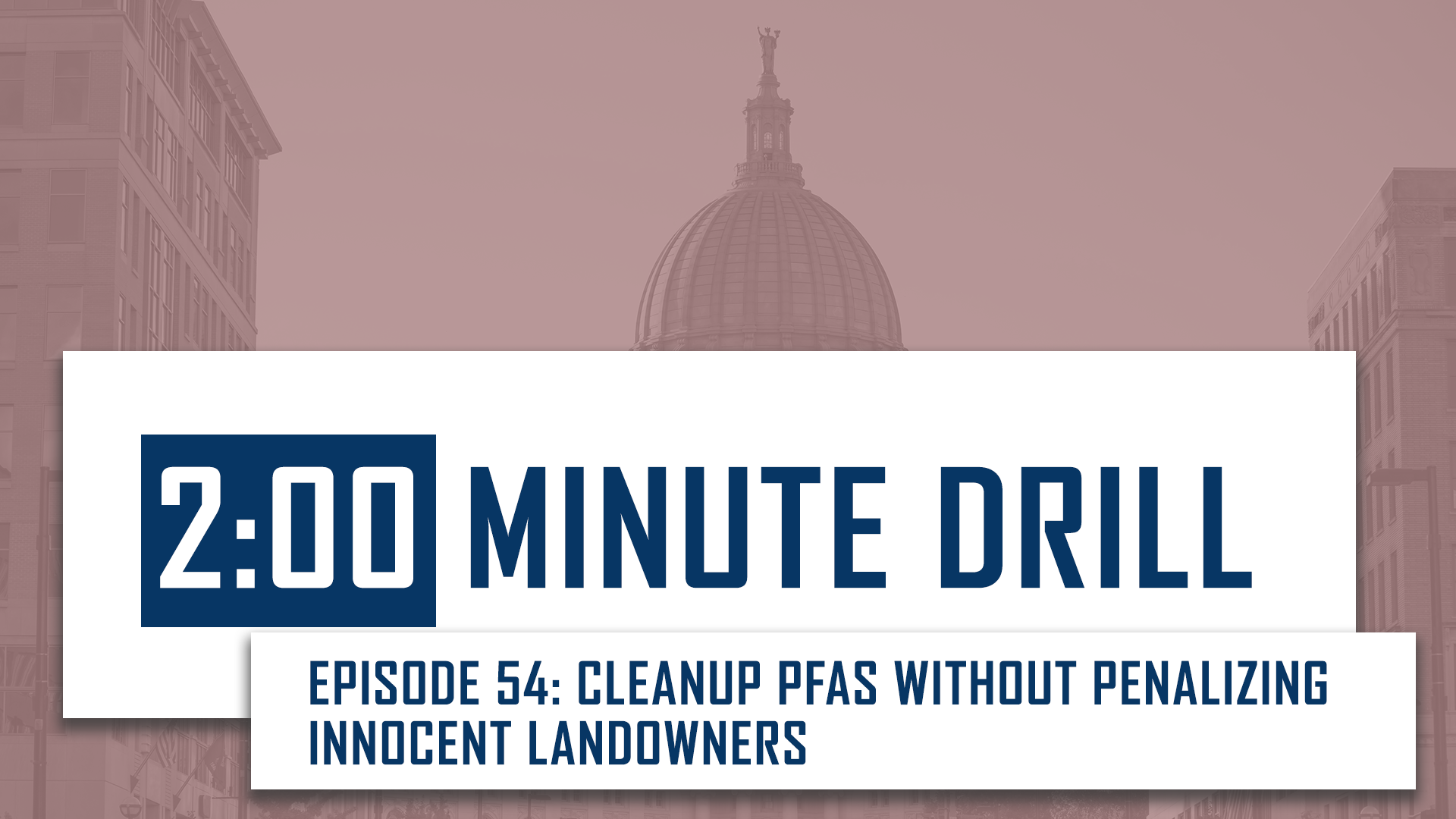HUDSON – Wisconsin Manufacturers & Commerce (WMC) – the combined state chamber of commerce, manufacturers’ association and safety council – sent a letter to the St. Croix County Interim Administrator and Board of Supervisors on Tuesday outlining the questionable legal authority it has to issue a “Chapter 41 COVID-19 Communicable Disease Ordinance” that would inflict significant economic harm on residents and businesses.
The proposed ordinance – which is set to be voted on by the St. Croix County Health and Human Services Board on Wednesday – would allow the public health officer to require most people to wear facemasks indoors and limit gatherings to 25 percent of occupancy limits. Individuals who fail to comply with such an order would face a $100 forfeiture per incident.
WMC’s letter explains that the ordinance is, “legally suspect and bad public policy that will simply create confusion, uncertainty, and fear, which will negatively impact local employers, workers, and customers.”
“WMC understands and appreciates the public health concerns revolving around the COVID-19 pandemic,” said WMC General Counsel Cory Fish in the letter. “Indeed, WMC has been in constant contact with our members and the business community at large to operate in a safe and responsible manner that protects both their employees and customers.”
The letter goes on to explain that public education, rather than unlawful regulatory mandates, are key to slow the spread of COVID-19. It also says that the County’s ordinance goes far beyond the statutory authority given to local health officers.
WMC calls on St. Croix County officials to oppose this ordinance and to work with its business community to create rules that balance both public health and economic considerations.
Click here to read the full letter.





